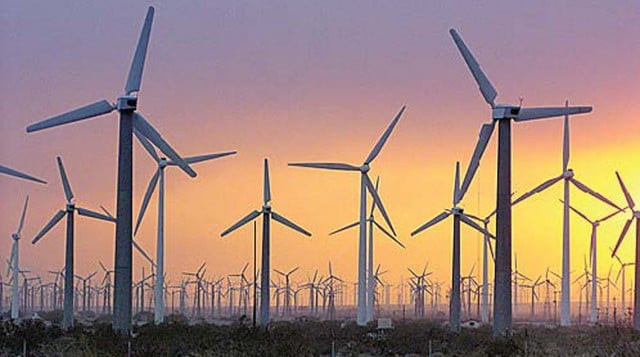Power prices still subsidised despite 56% rise in tariffs
The cost of producing electricity is still higher than the amount that customers are paying, said Pepco.

Cheema said that the electricity tariff had been irrationally frozen from 2003 to 2008 and the government had no other option but to increase the tariff by such a large amount during the last two years. However, “we are still facing a deficit in the pricing mechanism,” he added.
He was speaking at a conference on “SAP-enabled Business Transformation in Pakistan’s Utilities Sector”, organised by SAP & Abacus Consulting. The conference was aimed at demonstrating how utility companies in Pakistan could be run better.
He said electricity supplying companies needed to invest in acquiring new IT technologies and processes, along with increasing generation capacity, improving management and curtailing operational cost.
Cheema said recourse to new technologies has become urgent for power suppliers, particularly when the country is faced with such a severe power crisis. “This power crisis is considered to be the worst of the four such crises the nation has faced since 1974-75,” he said.
Hassan Latif Jamal, Country Head of SAP Pakistan, said “SAP is a leading provider of software to electricity generation and distribution companies globally. SAP empowers over 1,600 utility companies including 275-plus power generation units globally with best practices to achieve operational efficiency in every aspect of their businesses.
Published in The Express Tribune, July 30th, 2010.


















COMMENTS
Comments are moderated and generally will be posted if they are on-topic and not abusive.
For more information, please see our Comments FAQ